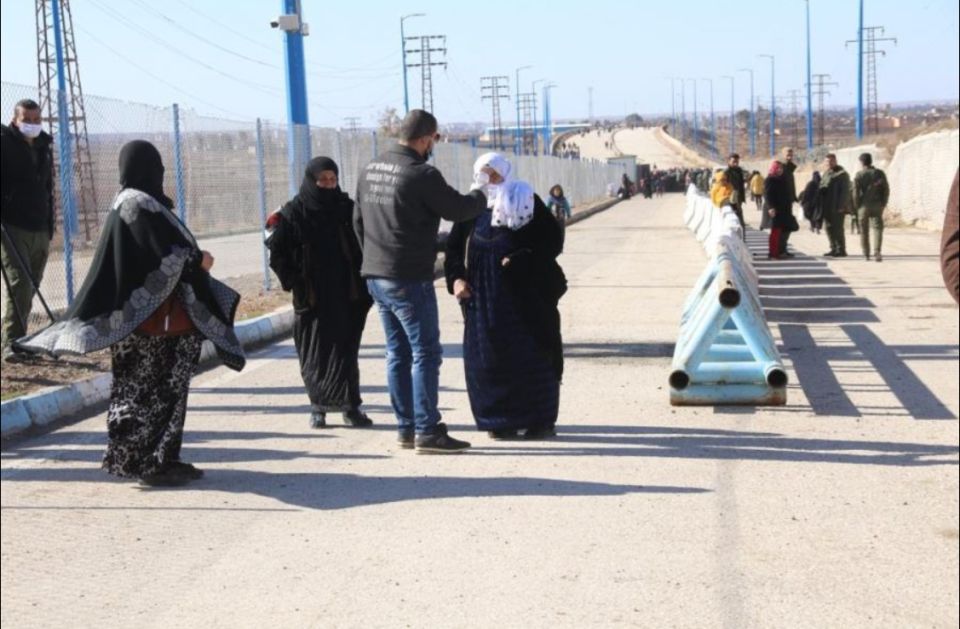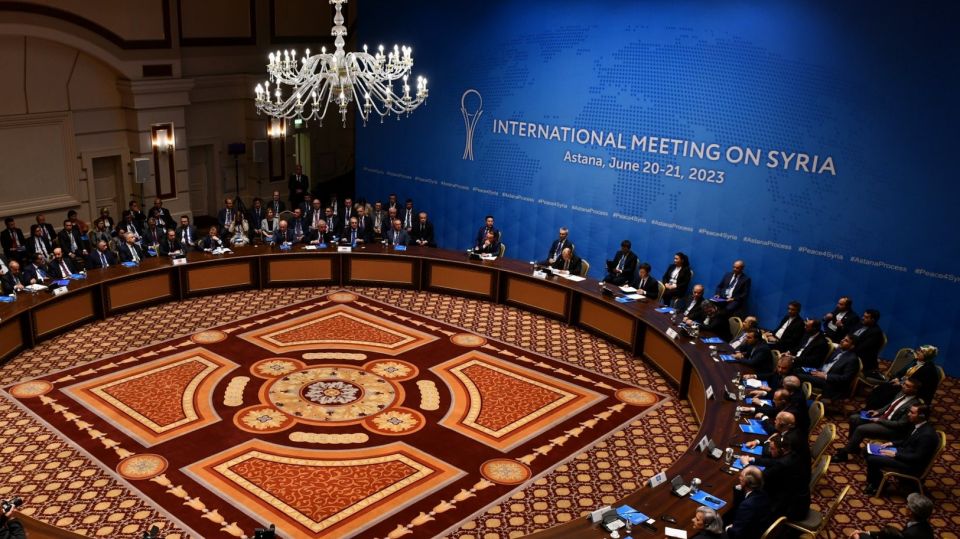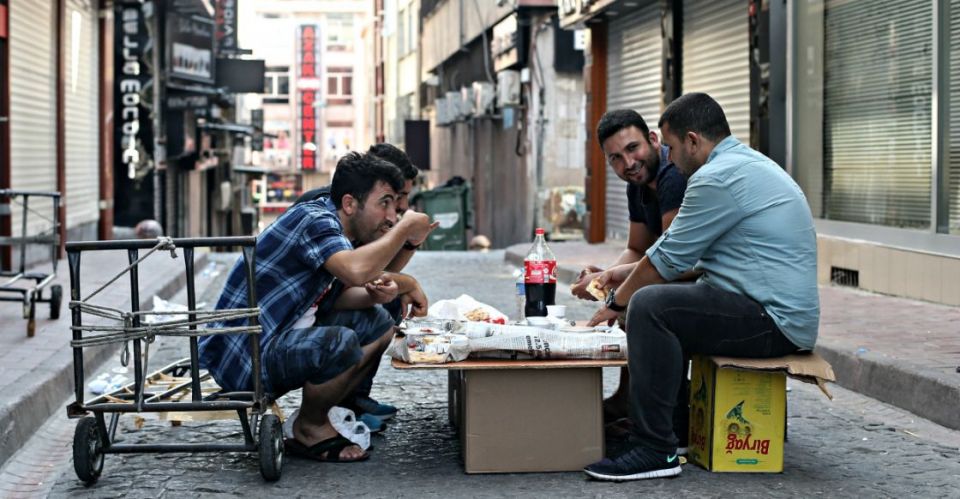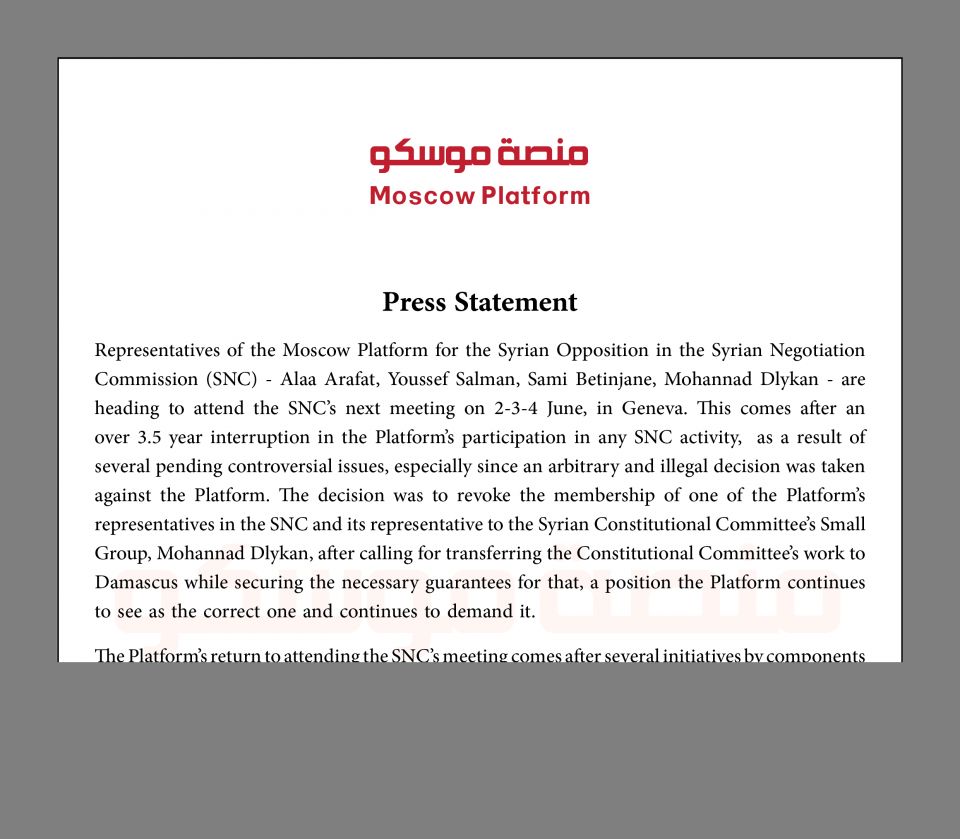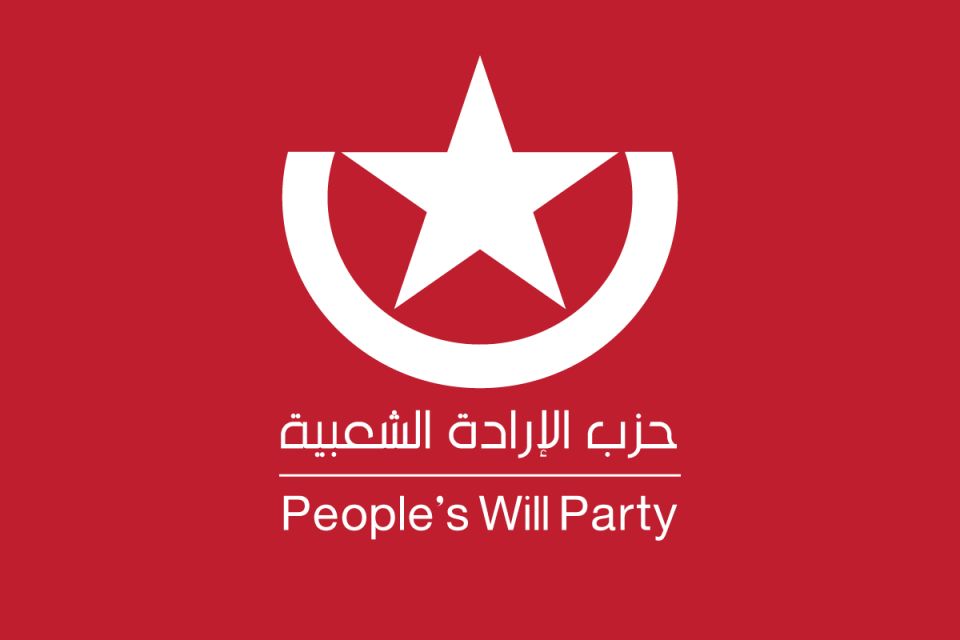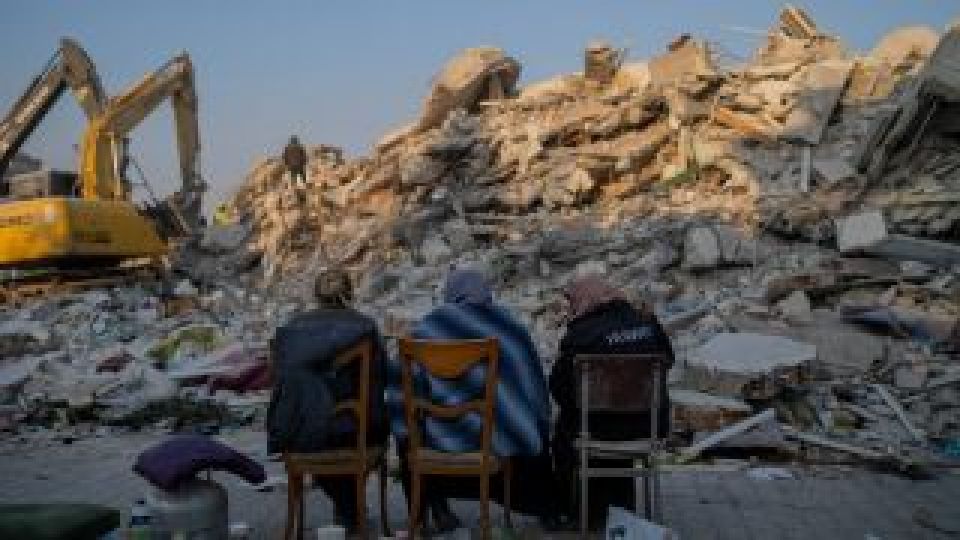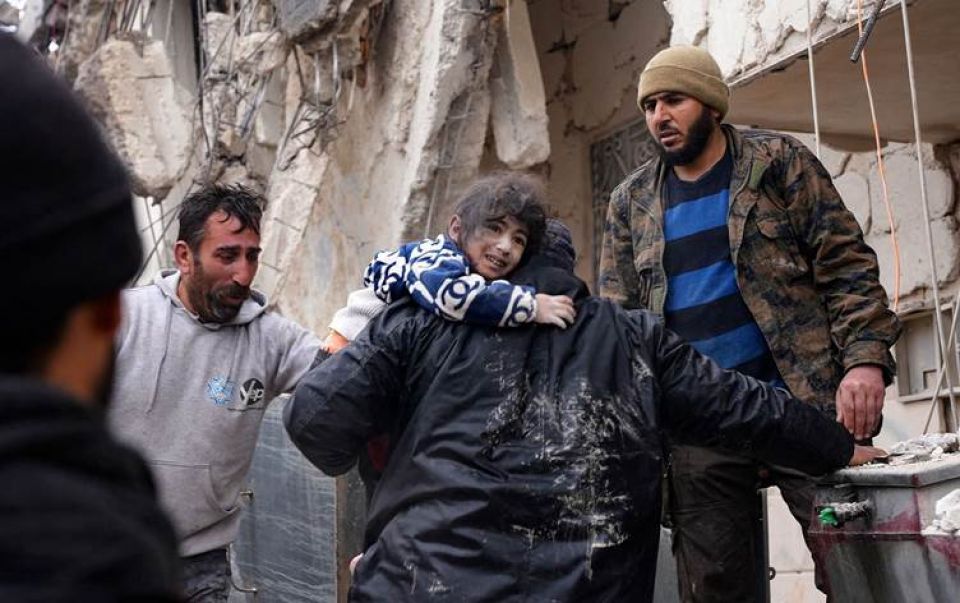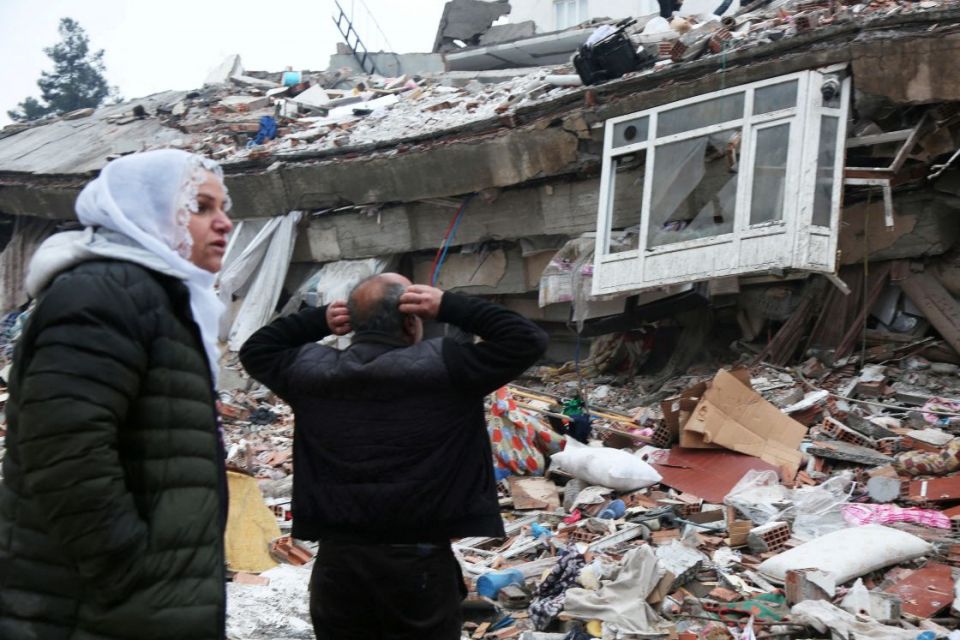Kassioun Editorial 1201: Syria’s Unity is in Danger! stars
The two long stages Syria has experienced since 2011 – that is, the stage of fighting and military attrition, following by the stage of economic attrition that continues until now – have laid the foundation for a situation that is simultaneously extremely dangerous and fragile. This has made preserving the unity of Syria and preventing turning the de facto partition into a permanent one, the top priority of patriotic action.


